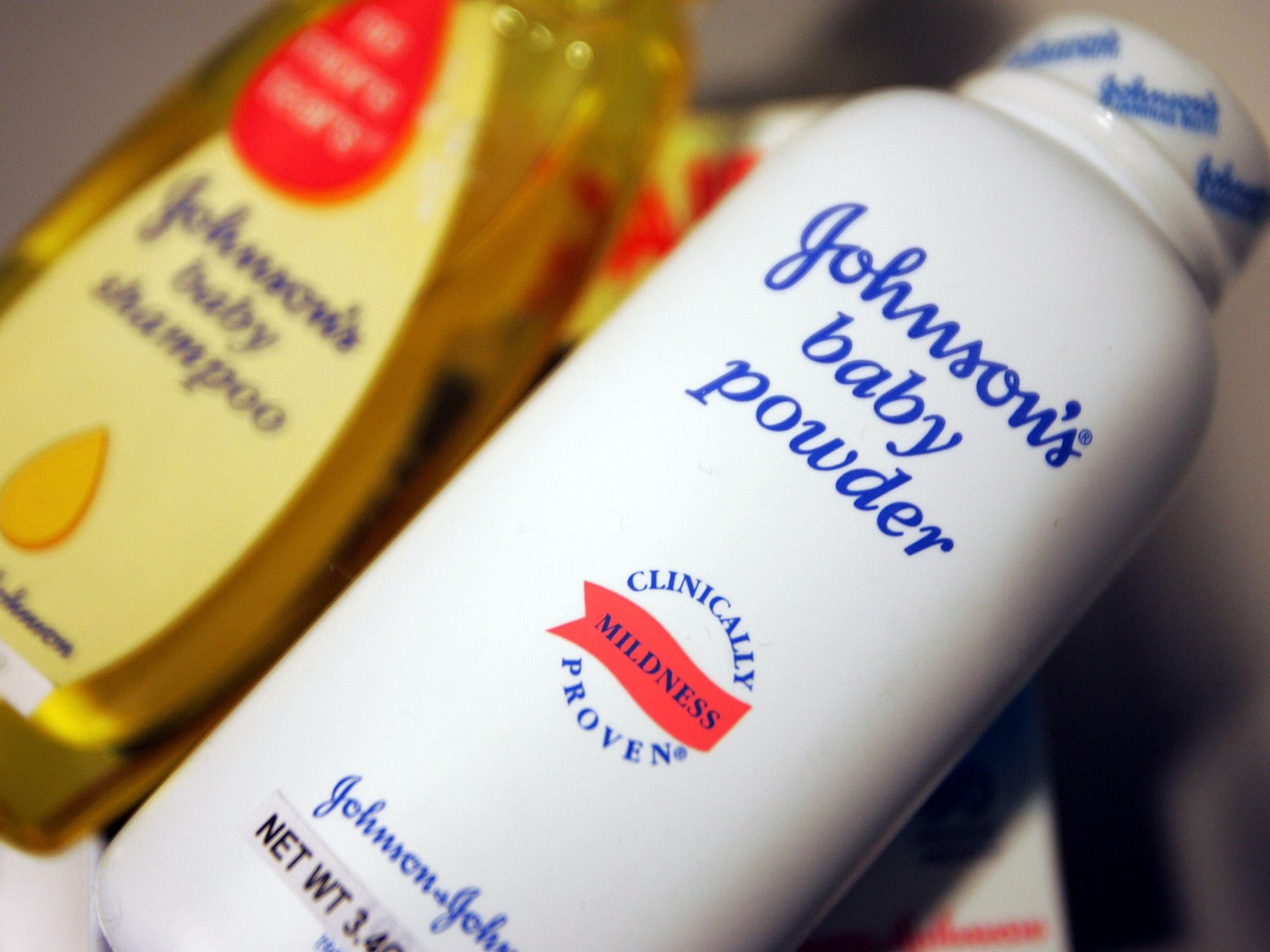Joules, Just Eat, BP: Business news in brief on Tuesday May 3
Joules founder expected to net £40m from Aim listing; Johnson & Johnson ordered to pay $55m in talcum powder trial; Just Eat sees orders soar

Your support helps us to tell the story
From reproductive rights to climate change to Big Tech, The Independent is on the ground when the story is developing. Whether it's investigating the financials of Elon Musk's pro-Trump PAC or producing our latest documentary, 'The A Word', which shines a light on the American women fighting for reproductive rights, we know how important it is to parse out the facts from the messaging.
At such a critical moment in US history, we need reporters on the ground. Your donation allows us to keep sending journalists to speak to both sides of the story.
The Independent is trusted by Americans across the entire political spectrum. And unlike many other quality news outlets, we choose not to lock Americans out of our reporting and analysis with paywalls. We believe quality journalism should be available to everyone, paid for by those who can afford it.
Your support makes all the difference.Joules founder expected to net £40m from Aim listing
The founder of fashion retailer Joules is expected take home around £40 million from the firm’s Aim flotation. Tom Joule announced its intention to sell shares on London’s Aim by the end of next month in a transaction likely to value the company at about £140 million. The fashion retailer, founded in 1989, today has 98 stores in the UK and Ireland.
Just Eat sees orders soar
Online takeaway delivery firm Just Eat has revised up its full year profit guidance after first quarter like-for-like orders, which strip out the impact of new takeaway outlets, increased 41 per cent to 31.5 million. The takeaway website, which counts some 25,000 British restaurants as members, increased orders by 57 per cent in the first three months of the year. The firm now expects full year revenues of £358 million, up from the £350 million it predicted last year.
Johnson & Johnson ordered to pay $55m in talcum powder trial
Johnson & Johnson (J&J) must pay $55 million (£37 million) to Gloria Ristesund, 62, a woman who claimed she developed ovarian cancer after using their talc products. The company intends to appeal the decision and said the verdict contradicts decades of research showing cosmetic talc is safe. J&J faces around 1,200 similar lawsuits. Researchers say links with ovarian cancer are unproven. J&J shares were down 18 cents in after-hours trading to $112.57.
Fishermen to get final $1bn payout from BP over spill
BP has dropped attempts to avoid paying almost $1 billion in oil spill damages to Gulf Coast shrimpers, oystermen and seafood processors it claimed didn’t exist. The Deepwater Horizon catastrophe hit thousands of Gulf Coast shrimpers and oystermen in 2010 when four million barrels of oil spilt into the sea. The British oil company claimed that lawyers negotiating on behalf of the seafood industry fraudulently increased the number of Southeast Asian immigrant fishermen and boats claiming damages from the spill. Legal filings in New Orleans showed BP is dropping its fight against the seafood claimants and will pay up. To date, BP is subjected to legal and cleanup costs of $56.4 billion.
Join our commenting forum
Join thought-provoking conversations, follow other Independent readers and see their replies
Comments